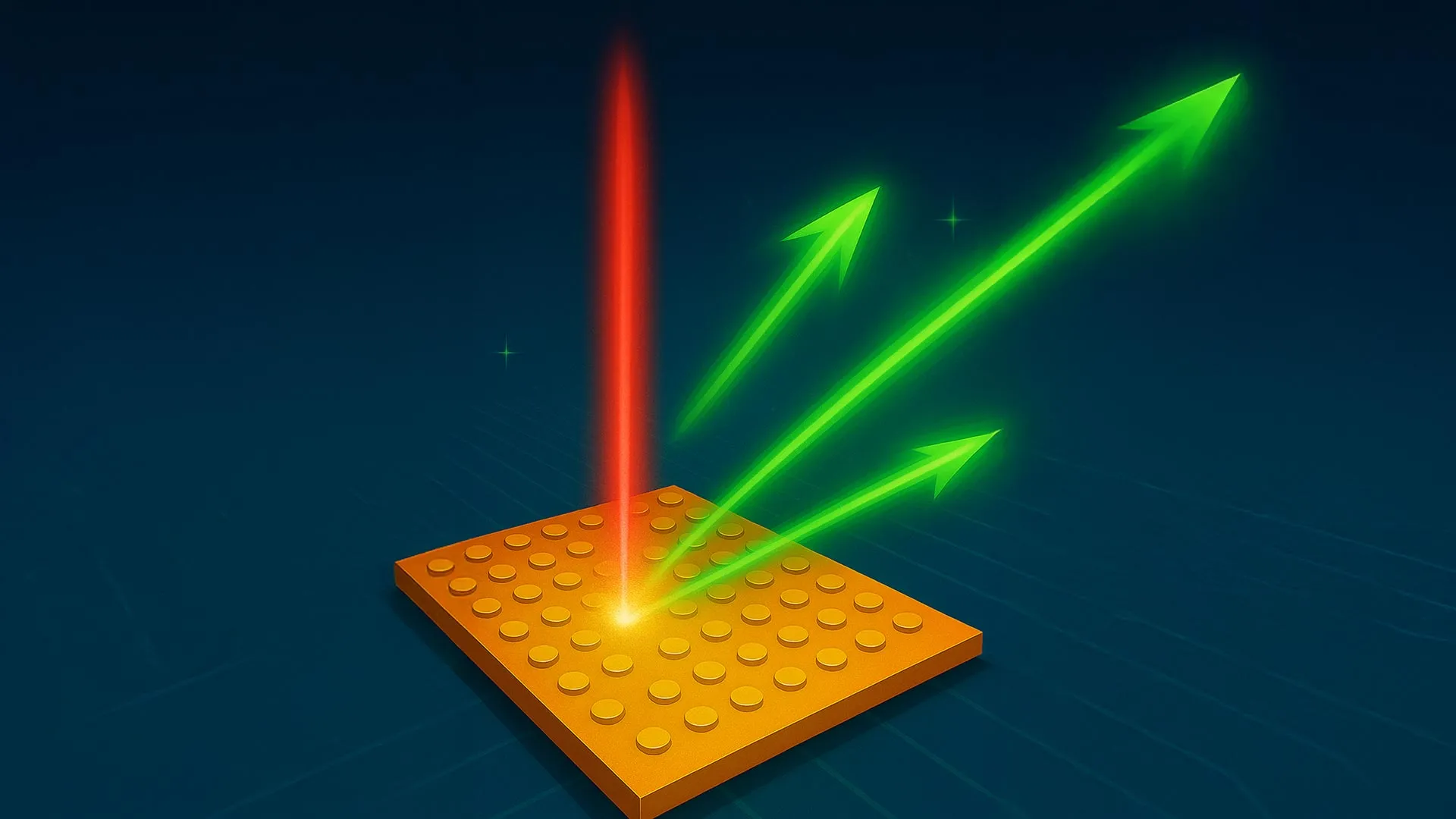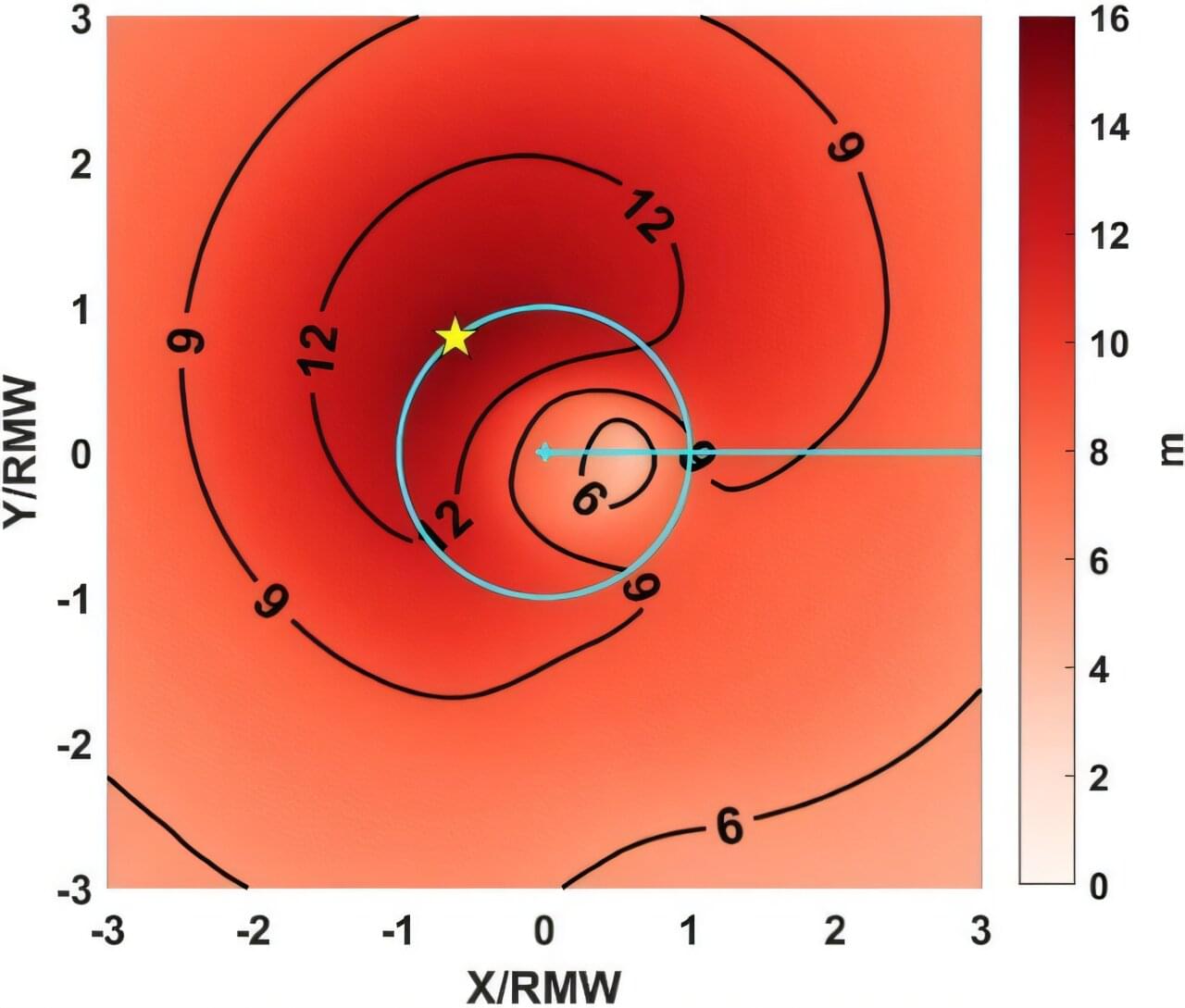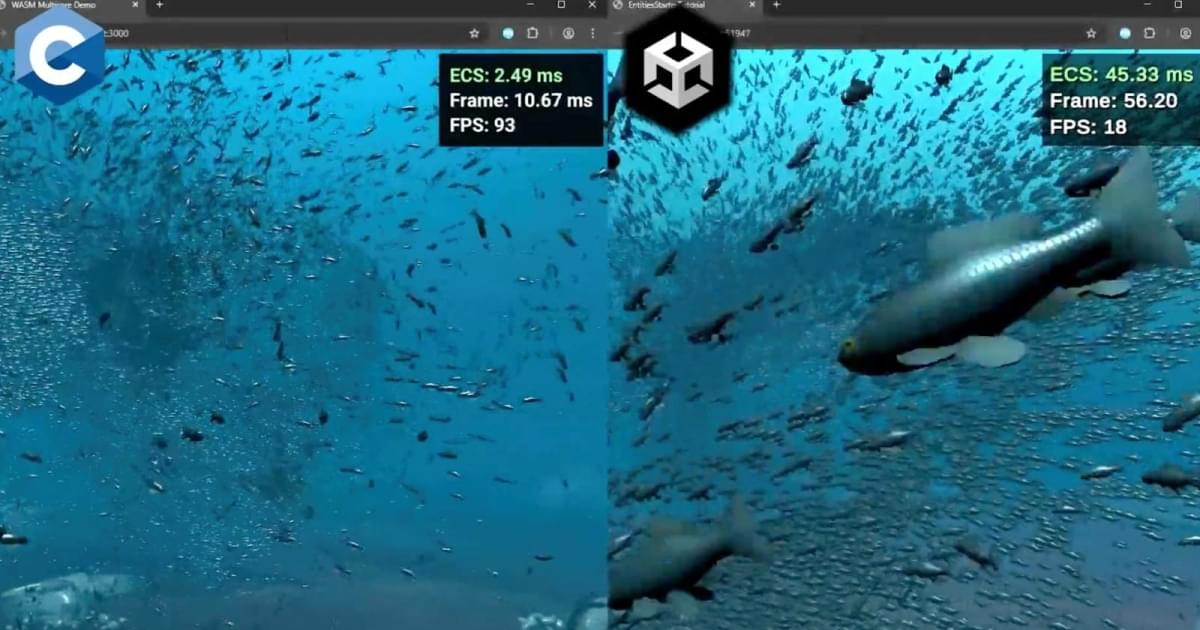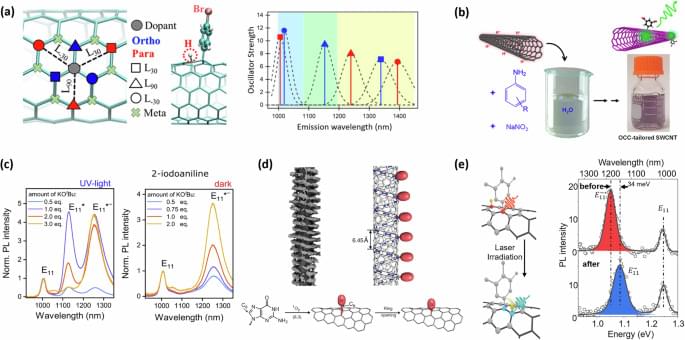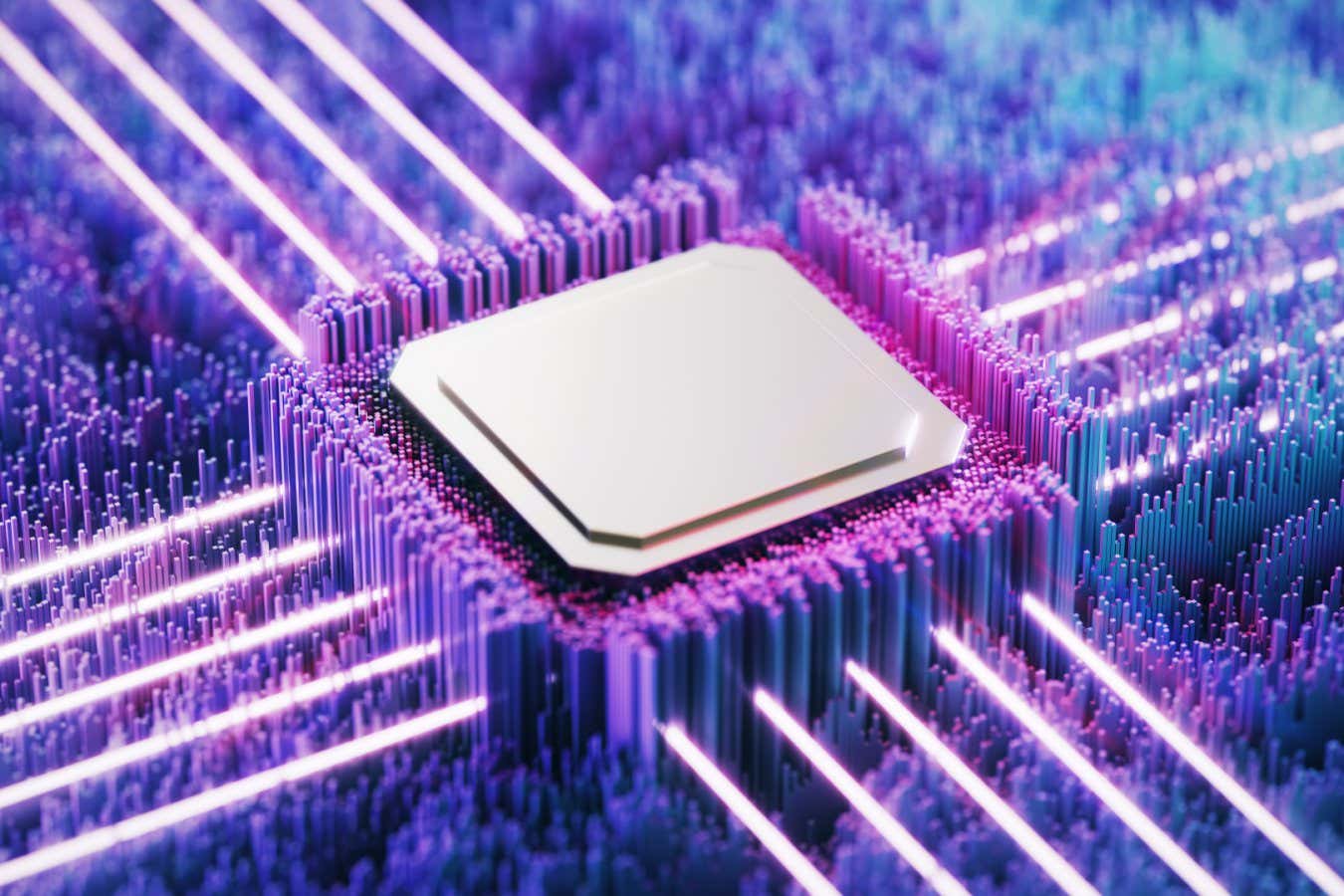Researchers have discovered a new type of magnetism in 2D materials that can help store data.
The team led by researchers from the University of Stuttgart experimentally demonstrated the previously unknown form of magnetism in atomically thin material layers.
Researchers revealed that the discovery is highly relevant for future magnetic data storage technologies and advances the fundamental understanding of magnetic interactions in two-dimensional systems.

